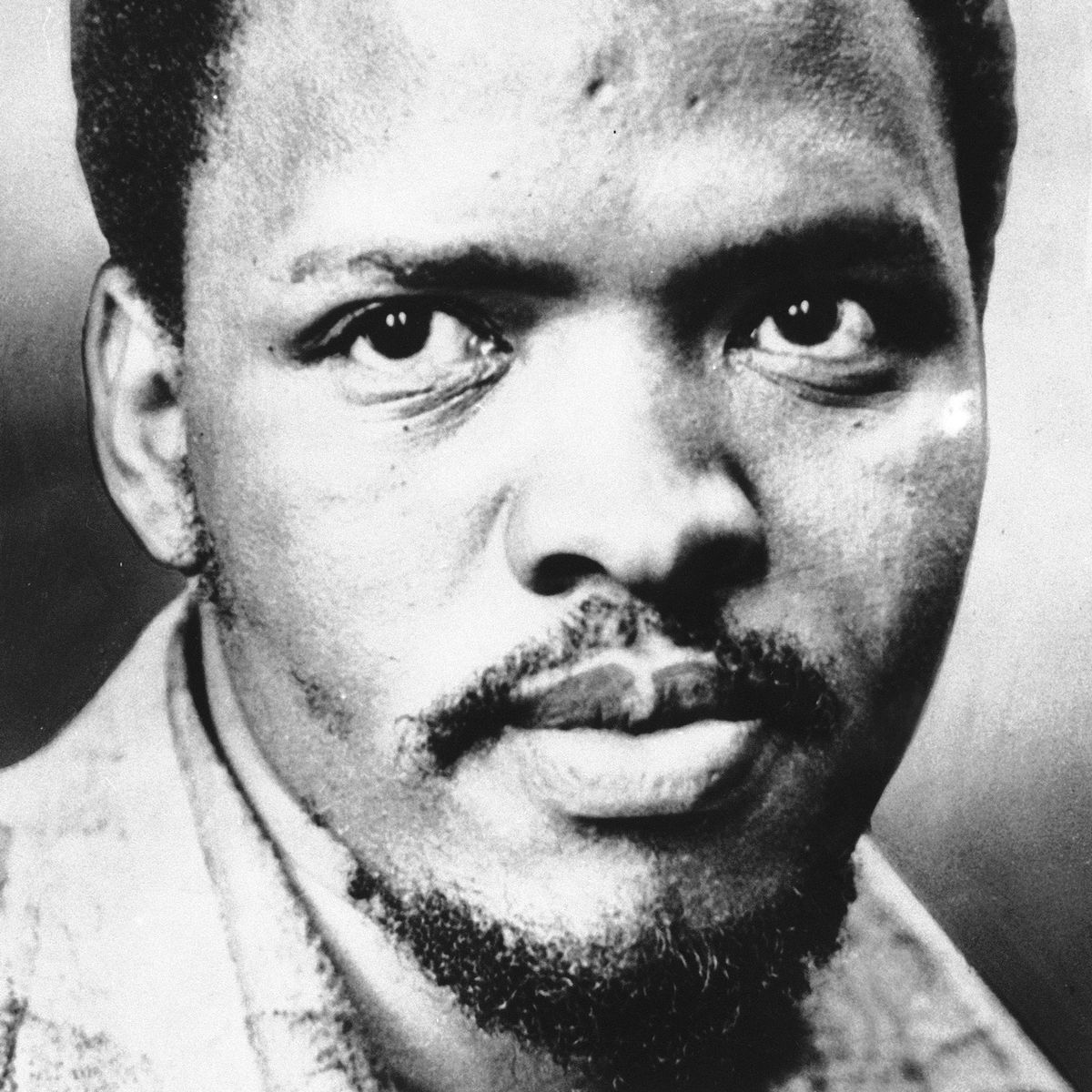Introduction
Steve Biko remains one of South Africa’s most iconic figures, playing a pivotal role in the anti-apartheid movement. His belief in the power of black consciousness challenged the oppressive regime of apartheid and ignited a wave of resistance among black South Africans. Examining Biko’s life, his philosophies, and his impact is crucial for understanding South Africa’s ongoing journey towards equality and social justice.
Early Life and Education
Stephen Bantu Biko was born on December 18, 1946, in King William’s Town, Eastern Cape. He was the third of four children in a modest family. Biko excelled in academics and went on to study medicine at the University of Natal. However, he soon became involved in student politics, realizing the importance of activism in addressing the racial injustices faced by African South Africans.
Black Consciousness Movement
In 1968, Biko co-founded the South African Students’ Organization (SASO), which became the epicenter of the Black Consciousness Movement. This movement aimed to empower black South Africans by fostering pride in their identity while challenging the dehumanizing narratives propagated by apartheid. Biko’s ideology exhorted people to reclaim their dignity and self-worth, leading to an awakening among disenfranchised groups within society.
Political Activism and Arrest
Biko’s activism caught the attention of the apartheid government, and he was arrested multiple times. His most notable arrest occurred in 1977, when he was detained without trial. It was during this time that Biko was brutally tortured in custody, leading to his death on September 12, 1977. The circumstances surrounding his death sparked national and international outrage, highlighting the brutal reality of apartheid.
Legacy and Significance
Today, Steve Biko is celebrated as a martyr whose philosophy of black consciousness laid the foundation for future generations of activists. His life story continues to inspire movements for social justice across the globe. In 1997, a memorial was erected in his honor at the University of Natal, serving as a reminder of his unwavering commitment to the fight against racism and oppression.
Conclusion
Steve Biko’s legacy serves as a powerful reminder of the importance of resisting oppression and fighting for human dignity. His emphasis on self-awareness among black South Africans reshaped the landscape of liberation struggle in South Africa. As we continue to navigate issues of race and equality, Biko’s teachings remain relevant, illustrating the ongoing need for a collective fight for justice and equality.


